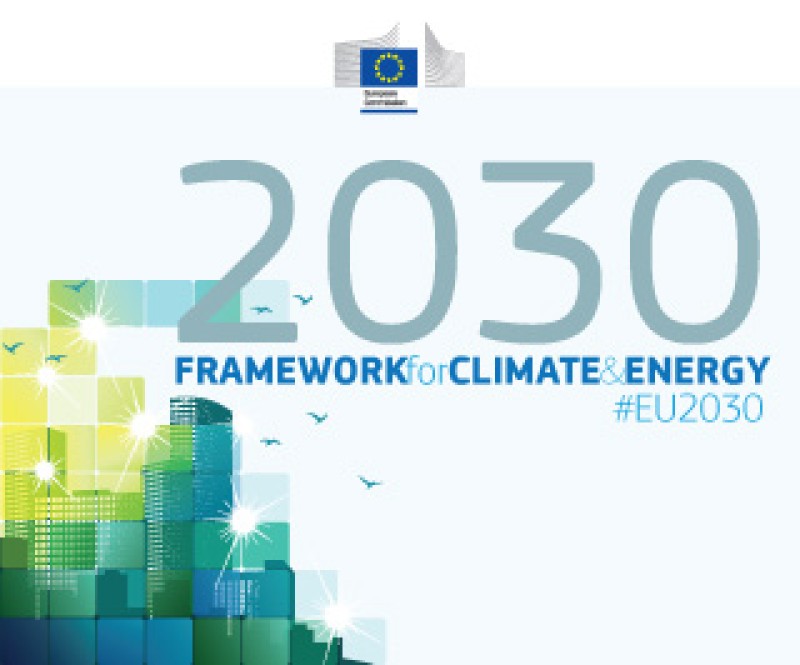13 October 2014
The Conference of European Churches urges the European Council ‘to be more ambitious in their final decision when shaping EU climate and energy policies’. This is underlined in the letter that has been sent by CEC to the EU decision makers in view of the upcoming meeting of the European Council, which should adopt decisions on the future shape of EU climate policies up to 2030. ‘The proposed EU 2030 target for reducing CO2 emissions by 40% reveals only minimal aspirations for remaining on track for the long-term target in 2050. Even if this were achieved, we can expect vulnerable communities to face significant suffering,’ emphasises the letter, which refers to the outcome of the 10th Assembly of the European Christian Environmental Network in Balatonzsárszó (Hungary) from 27 September – 1 October, 2014.
‘We believe that justice is an inseparable dimension of the considerations on climate change,’ underlines the letter and therefore ‘a just and fair response to climate change requires that the suffering of those victims of climate change who have contributed the least to the current threat be taken into account.’
In considering the complex relationship between economy and climate change, the letter highlights that ‘economic issues and the ever present drive in human nature to consume and possess more must not refrain us from together effective policies on tackling climate change. Political decisions responding to climate change need to take into account a wider context than the pursuit of profit and unlimited economic growth. In particular, we urge the EU to withdraw investments in fossil fuels.’
Taking a global perspective, churches in Europe urge the EU to continue to play a leading role in the process of climate negotiations in conjunction with the UN framework leading to the meeting in Paris 2015. The Paris conference aims at the adoption of a global agreement on tackling climate change, which should, in view of the churches, include ‘fair and binding targets in climate policies’ for all involved parties.
In seeking a response to climate change ‘the EU needs to develop measures for inspiring and engaging its citizens,’ underlines the letter. ‘Climate change is a result of a dysfunctional mind-set that demands ever increasing consumption in our households and individual lives’ and therefore ’although science and technology play a significant role in responding to climate change, relying on them alone will not be sufficient. Addressing ethical issues, educating and involving people are musts in climate programmes.’
An increasing number of churches in Europe are actively involved in supporting a robust approach to the protection of environment, promoting disinvestment in fossil fuels, reducing CO2 emissions, working for a low carbon and sustainable future. ‘European Christian Environmental Network and the Conference of European Churches are committed to tackling climate change and urge the EU to take ambitious and just decisions when formulating climate policies’ concludes the letter.
For more information:
Peter Pavlovič
Church and Society Commission
Conference of European Churches
European Christian Environmental Network
Rue Joseph II, 174
B-1000 Brussels
Tel. +32 2 234 68 33
E-mail: ppt@cec-kek.be
The Conference of European Churches (CEC) is a fellowship of some 120 Orthodox, Protestant, Anglican and Old Catholic Churches from all countries of Europe, plus 40 national council of churches and organisations in partnership. CEC was founded in 1959. It has offices in Geneva, Brussels and Strasbourg.www.ceceurope.org
